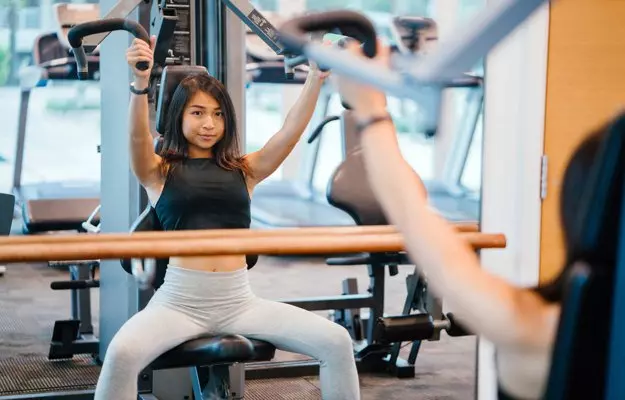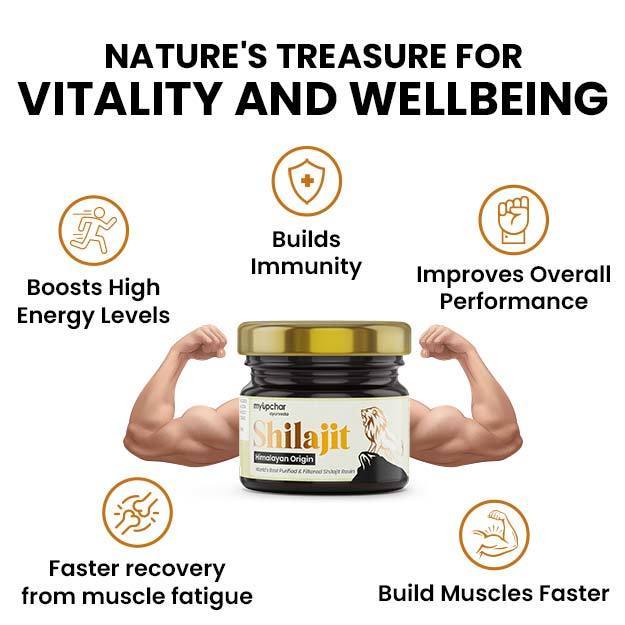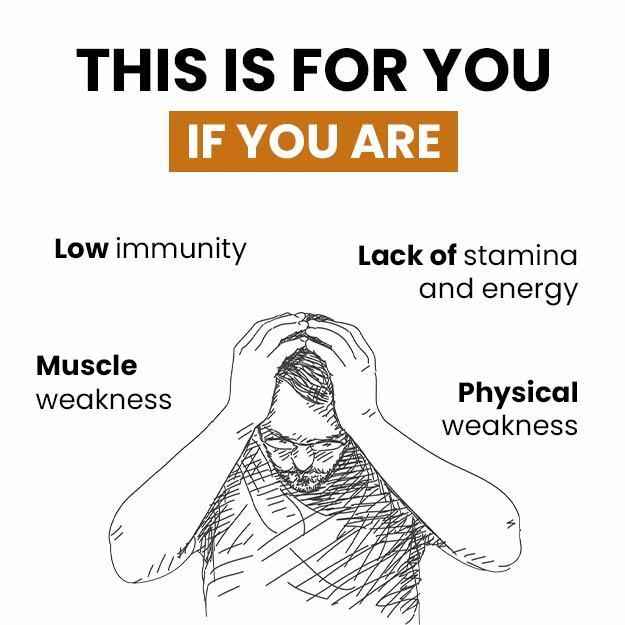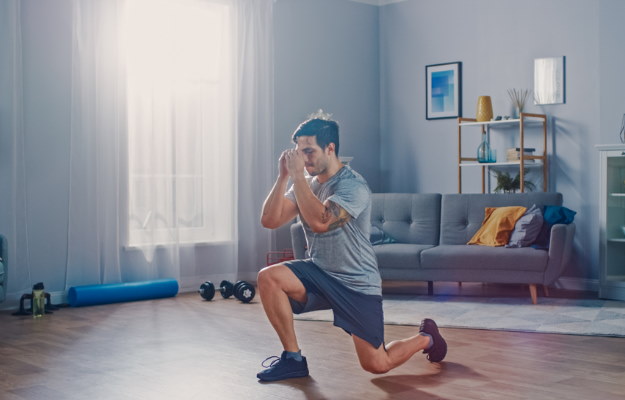Contrary to past notions about fitness, the benefits of exercising far outweigh the risks. Whether it is a young child or a teenager or even someone older, anyone can benefit from exercise suited to their age and ability, of course. Making a child exercise only helps in making them become more spacially aware, along with gaining strength and more control over their physical coordination.
According to America’s Centers for Disease Control and Prevention (CDC), kids should workout for at least one hour a day. Regular exercise prevents stress, increases confidence, balance weight, benefits in good health and sleep. However, it is necessary to understand the right exercises for your kids according to their age.
Exercises for 2-3 year olds
At the age of two to three, a kid should practice running, jumping and playing games. Make sure that playing games and running aren't stressful for them. Kids can start learning swimming at that age as well, as picking up a skill like swimming can come to them much sooner than it will take a grown-up child to. Encouraging them to play and understand their body's limitations and motions is a great way to teach them about physical acitivities.
Exercises for 4-5 year olds
Four to five-year-old kids can practice running, jumping and skipping rope kind of exercises. Gymnastics and swimming can also be great for this age. However, make sure that these exercises are fun rather than stressful or competitive. You can also implement knowledge about the games and their benefits.
Exercises for 6-12 year olds
Let your child decide the exercise or sport they want to play. At this age, they can learn to enjoy or discover new games, pick up new skills and explore. Activities like playing cricket, yoga, climbing, gymnastics, basketball, football and swimming are great to learn at this age. You can encourage them to try certain sports but don’t force them.
Exercises for 13-18 year olds
Teenagers aged between 13 and 18 years can exercise as much as adults. At this age, you can start going to the gym. You can practice running, swimming and weight lifting (according to strength) exercises. Other than that, teens can play football, basketball or other sports that help in their overall physical development.
A teenager can even think about intense workouts and build muscles at the gym with some intense exercises such as weightlifting, crossfit and aerobics. However, it should be done under the supervision of a trainer.






























